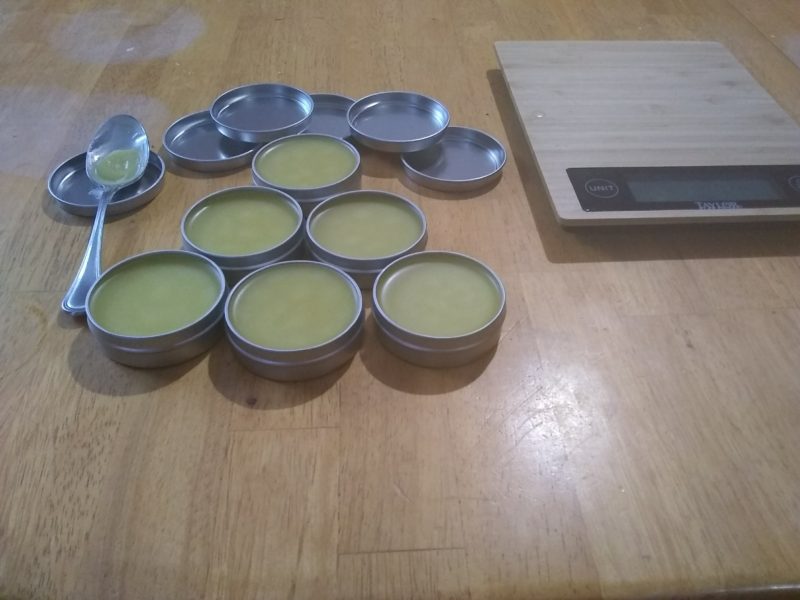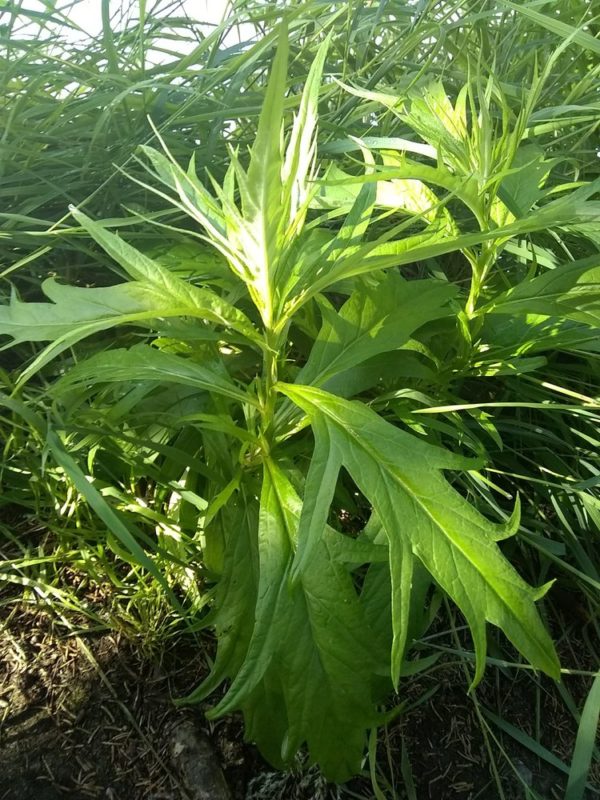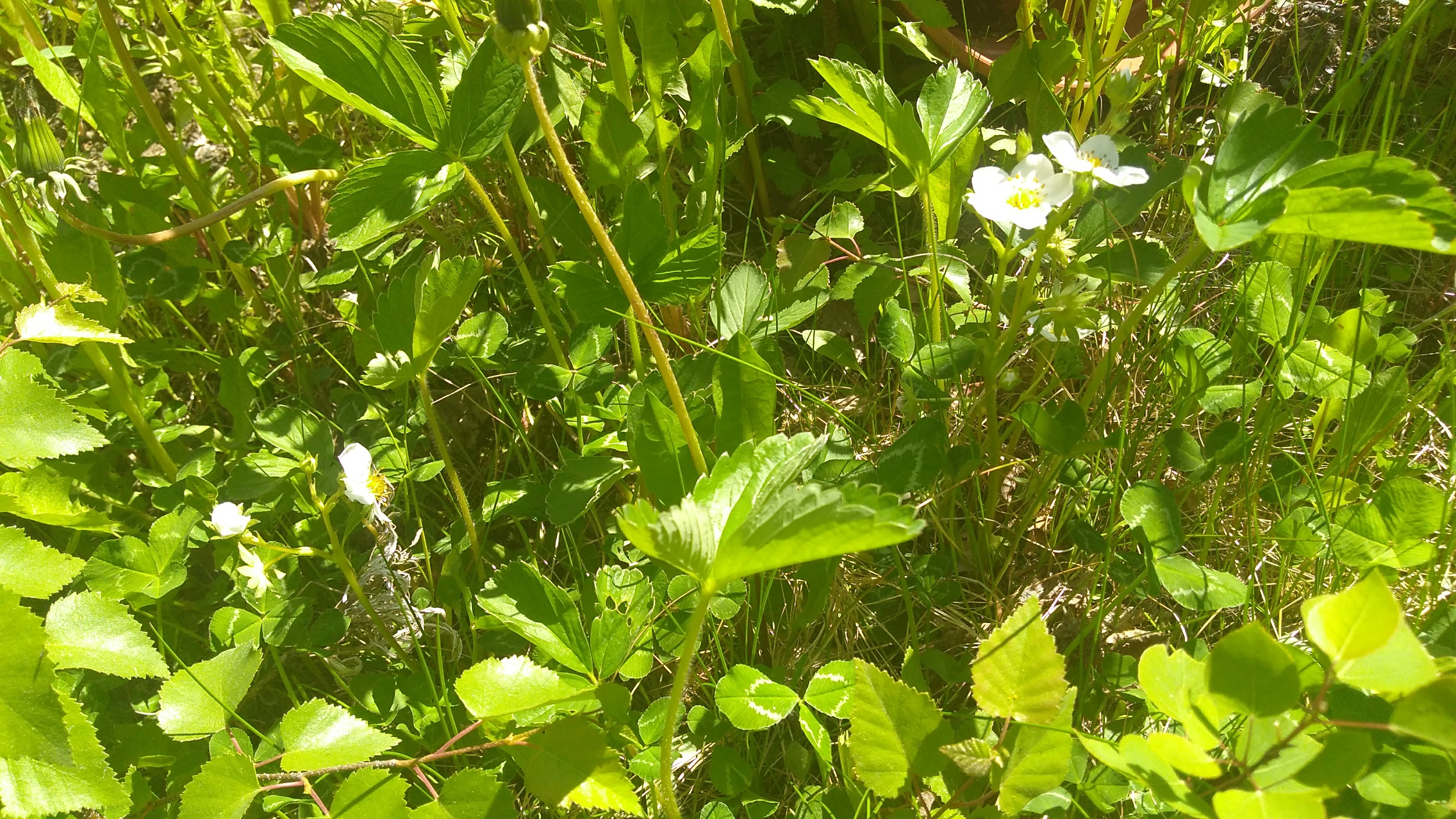Last week I gave a brief overview of ways to use herbs and natural remedies, so now we are going to dive a little bit deeper into the topical (meaning applied directly to the body) remedies.
- Liniments – a liquid or lotion, especially one made with oil, for rubbing on the body and are usually used to relieve pain.
- Lotions and creams – lotions and creams usually are water-based and used to treat skin disorders. They can also be for cosmetic uses, usually moisturizing.
- Hydrosols – Similar to essential oils, they are less potent and therefore usually do not need to be diluted. They can be used externally or internally depending on the plant.
- Flower essences – Made essentially by making a tea using flowers.
- Oils and salves – Oils and salves use different types of fats (oil is a type of fat, such as avocado oil) as a carrier for plant medicinal properties. Either plant or animal fats (i.e. lard) can be used. To get the most out of healing, salves are best massaged into the skin.
- Ointments and balms – see oils and salves.
- Suppositories, boluses – A suppository is inserted into the rectum (the butt) in an effort to get the medicine into the system quickly. Usually it is in the form of a bolus (a single preparation of a medicine to be given all at once in pill form – i.e. horse pill). This way you get the medicinal properties quickly without a nasty taste.
- Fomentations – Also known as compresses. The medicine is composed of liquids that are then absorbed by some sort of cloth and then applied to the affected area. They can be applied cold or hot, but cold is usually for sprains, headaches and to stop bleeding.
- Poultices – Poultices are able to be applied to either flat or irregular surfaces. They are soft and mushy, using mediums that can soak up a lot of liquid. They are applied hot and need to be reapplied several times to be kept warm for the medicinal properties of herbs to work. These are best made with fresh herbs, but can be made with re-hydrated dried herbs.
- Baths – There are many different types of baths that can be used to help heal the body naturally. You can take warm, hot, or cold baths. You can do an alternating bath of hot and cold for the abdomen (what I have been taught to call a sitz bath, but doing a quick google search comes up with lotions and other things called this). You can add epsom salts or make an herbal bath tea to help relax muscles. There are certain herbal preparations that can be used for skin irritations as well.
- Douches – is a device used to introduce a stream of water into the body for medical or hygienic reasons, or the stream of water itself. Douche usually refers to vaginal irrigation, the rinsing of the vagina, but it can also refer to the rinsing of any body cavity, such as the nose. The neti pot is one such device. Besides the regular salt water for the neti pot, one can also make herbal teas to use as a nasal douche.
We will see you next week to go over herbal preparations taken by mouth!




